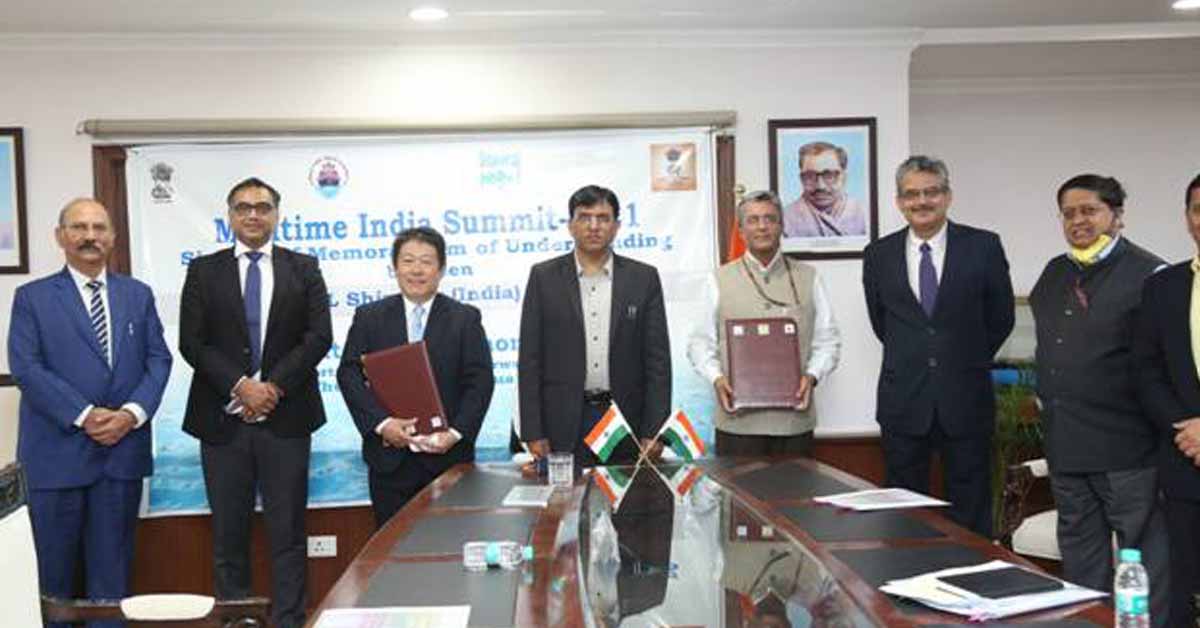A Memorandum of Understanding (MoU) was signed between IWAI and MOL (Asia Oceania) Pte. Ltd for transportation of Liquified Natural Gas (LPG) through barges on National Waterways-1 and National Waterways-2.
The MoU was signed in the presence of union shipping minister Mansukh Mandaviya on February 25.
Inland Waterways Authority of India will provide support for:
It may be mentioned here that the MOL Group is the world’s largest gas carrier company and will invest in the construction and operation of dedicated LPG barges under the Make-in-India initiative.
ALSO READ | LPG Subsidy Eliminated As Oil Prices Fall
Aegis Group proposed investments for setting up storage terminals, dedicated pipelines between the jetty to the terminal and necessary infrastructure at the jetty for the evacuation of products from barges.
Presently, 60% of the LPG is moved through road to the various locations with a cost of Rs 5 to 6 per metric tonne per kilometre, which the oil companies are interested in reducing.

Also at times, there are issues of strikes by transporters, road blockages which cause a delay in transportation.
Therefore, the main area of interest for the companies is to use waterways to have a cheaper alternative to the existing mode of transportation, which is also cleaner and greener mode.
Also, there are some areas that are difficult to approach through rail/ road especially in the northeast where the IWT sector may provide usable solutions, besides the parcel size as compared to road trucks which can carry 17 MT of LPG in case of barges shall be of bigger size depending on the barge leading to economies of scale.
Besides salient features of LPG over other commodities, is that LPG is a clean cargo with zero leakages and spillage as the products are handled by pipelines in a fully closed loop with utmost safety precautions being regulated by PNGRB and PESO.
LPG cargo needs less berthing time compared to any other bulk cargo. Besides, there is no requirement of conveyors, etc., installed on berths/ jetties.
Handling LPG by inland waterways will help reduce the carbon footprints, lowering the overall logistics cost, which in India stands approx.
13 to 14% of GDP, compared to the global average of 8% and contributing to Government social schemes like “UJJAWLA” for LPG supply.
The Story Mug, a Guwahati-based blogzine, believes in telling stories that matter.